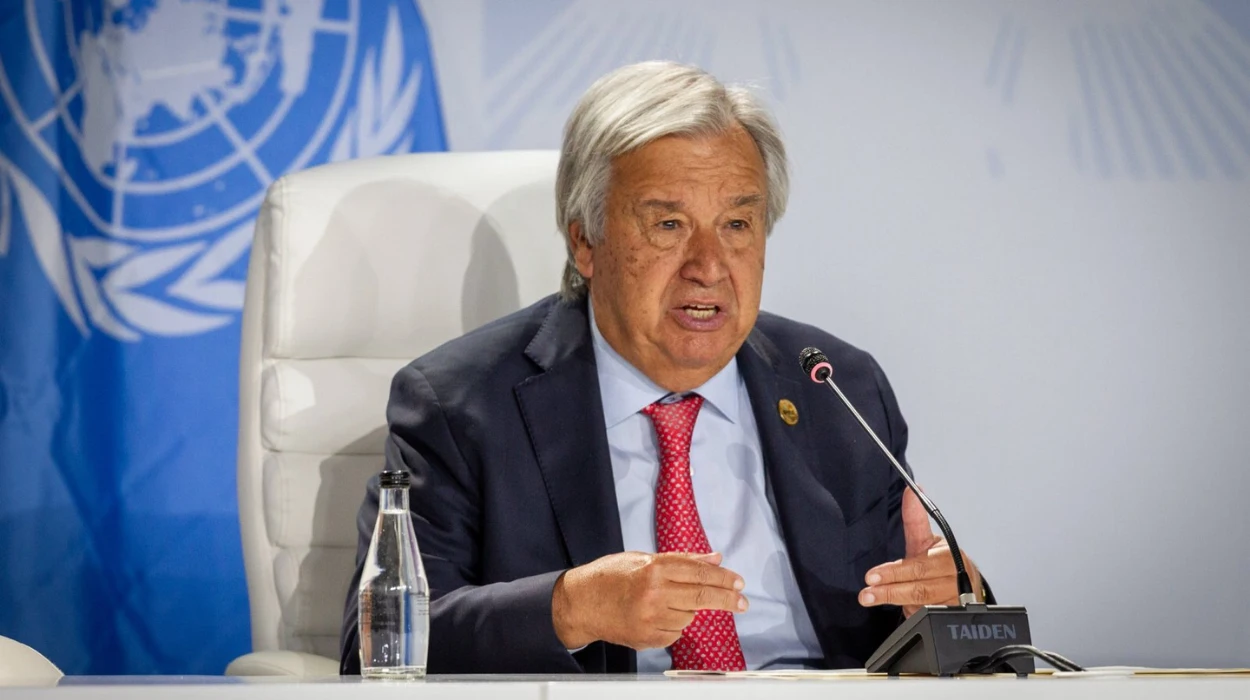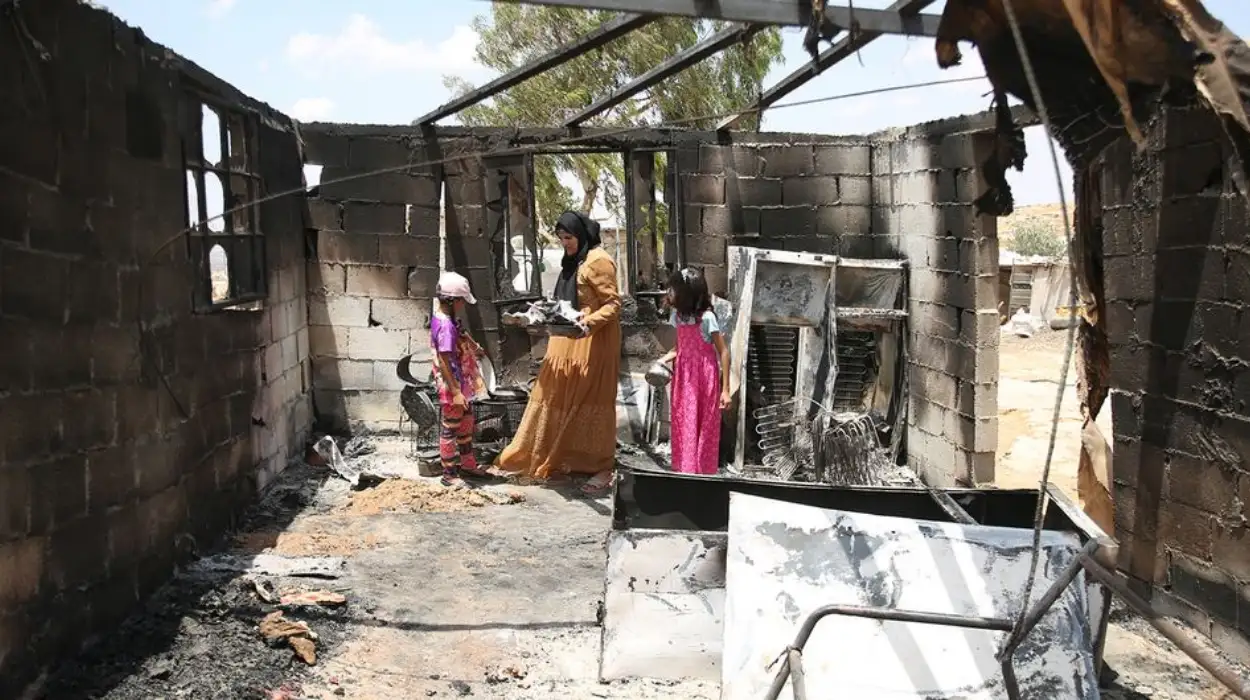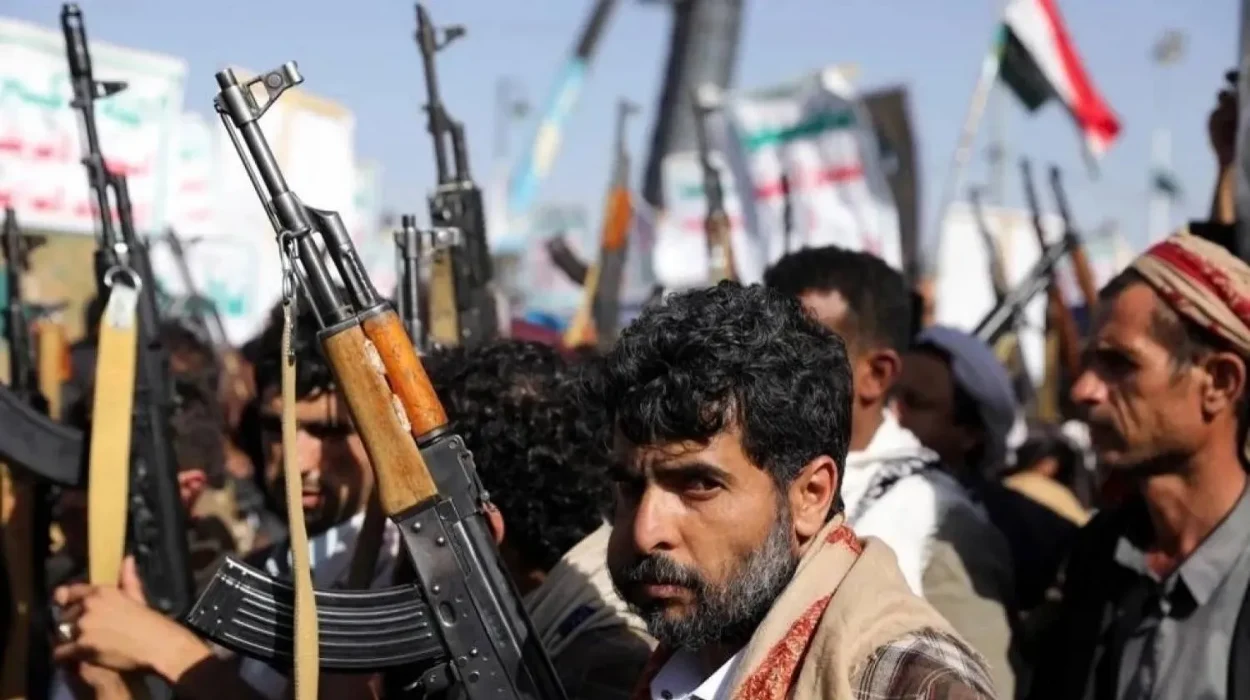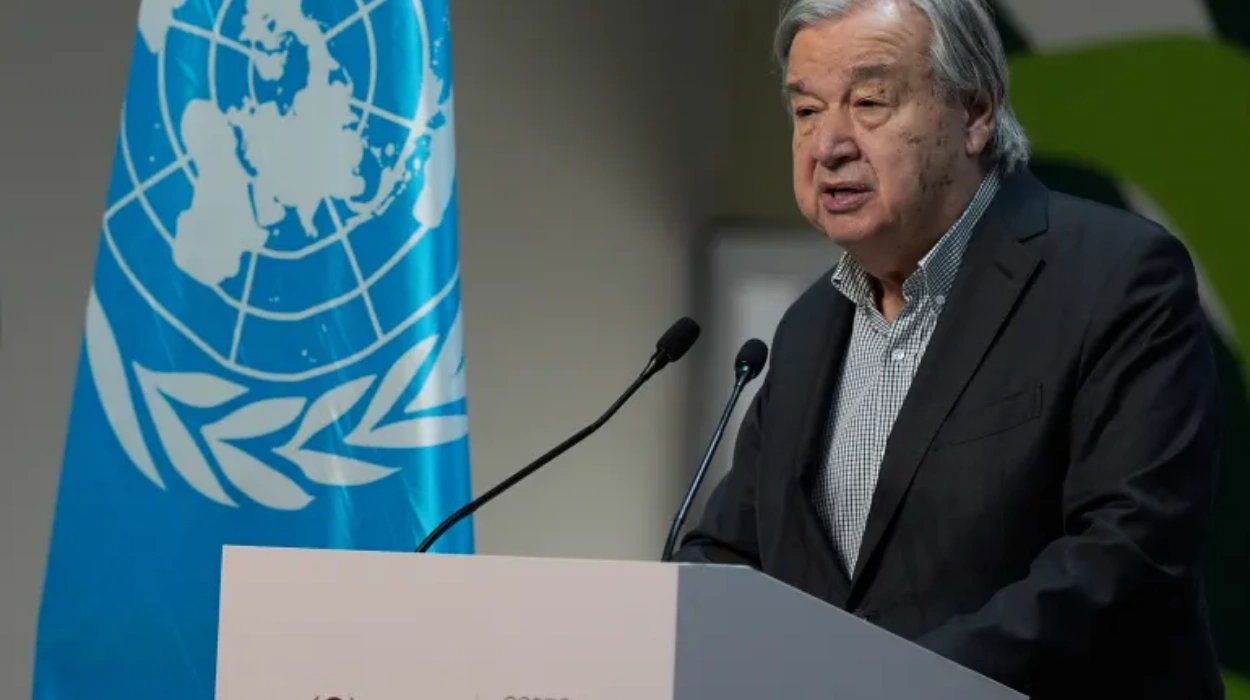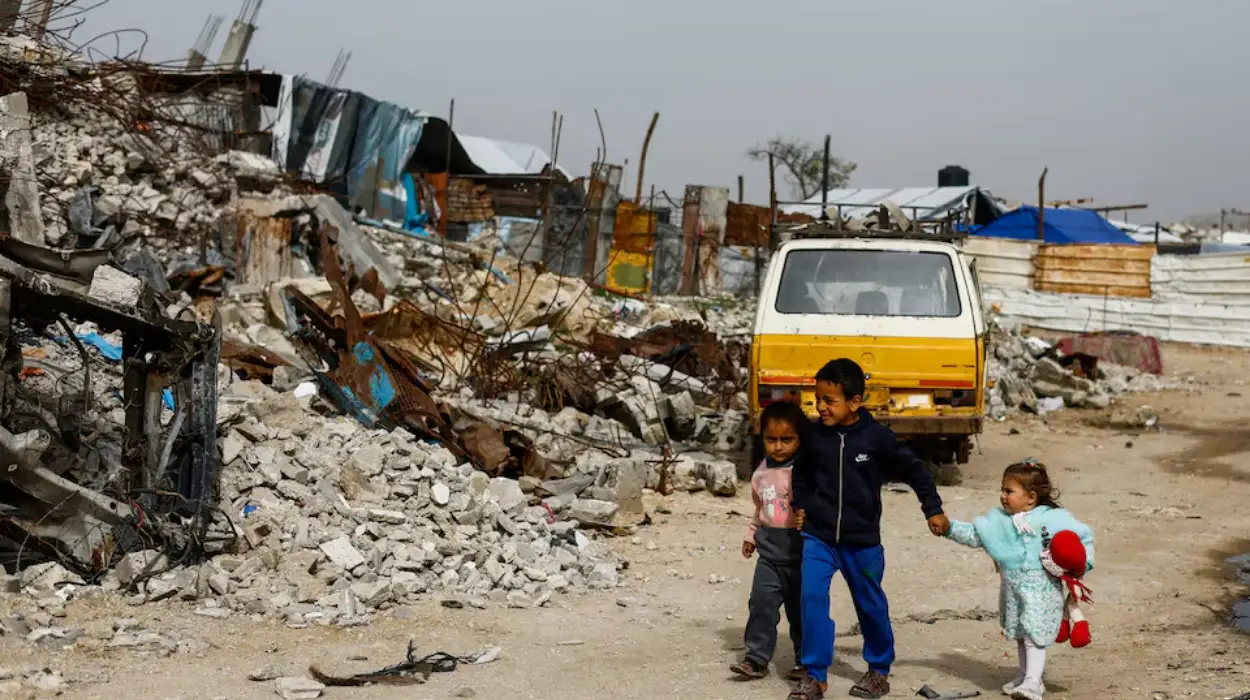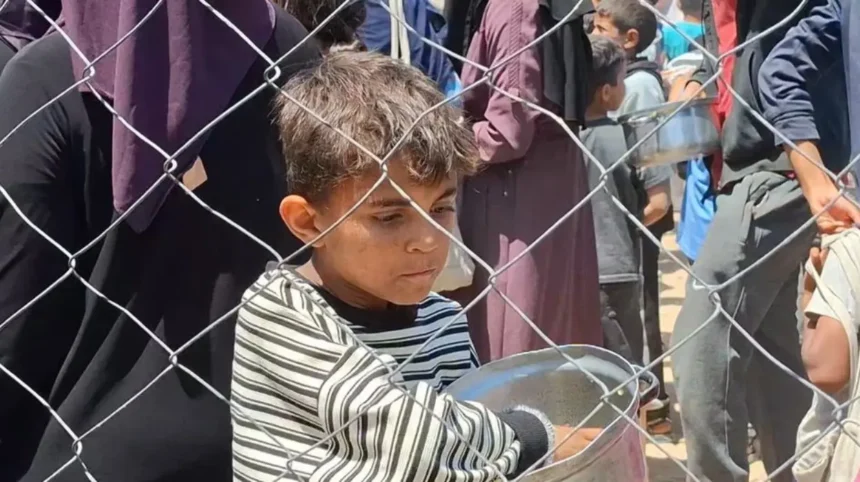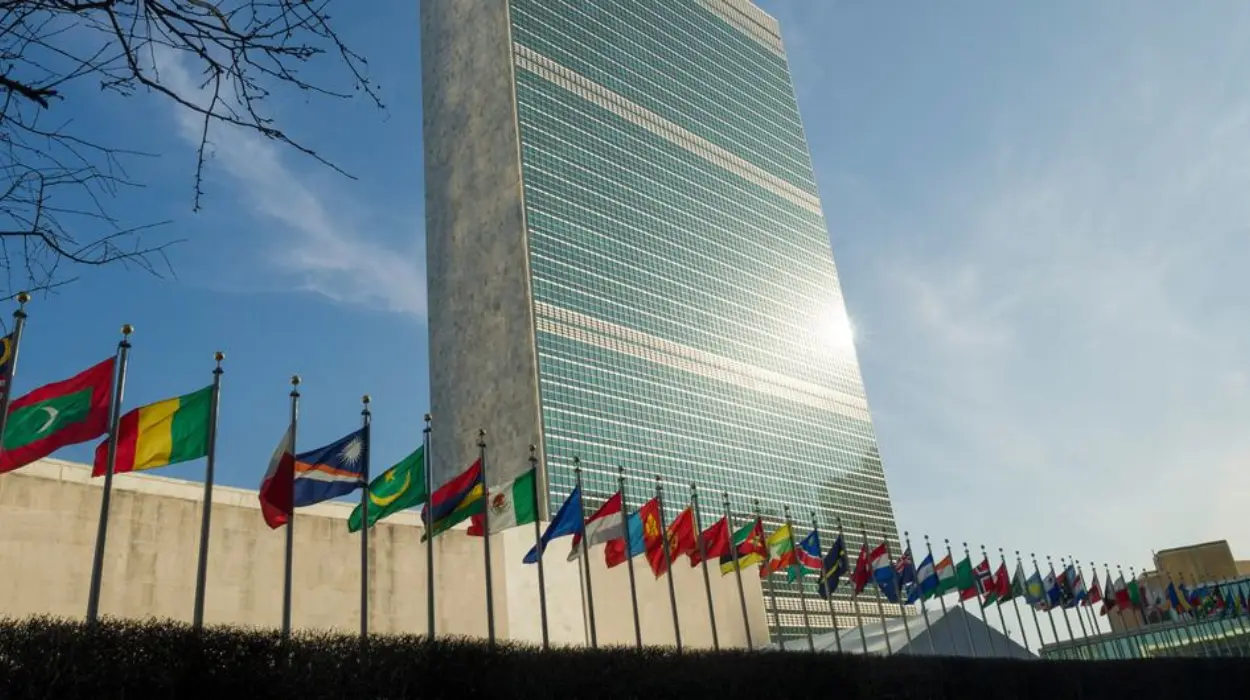In a briefing to the Security CouncilSecurity Council in New York on Tuesday, UN Emergency Relief Coordinator Tom Fletcher stated that no help has reached Gaza for almost ten weeks and that all 2.1 million people there are facing famine conditions.
In his opening statement, Mr. Fletcher urged the world community to consider what it will say to future generations about the steps taken “to stop the 21st century atrocity to which we bear daily witness in Gaza.” For instance, he asked if the Council would use the empty phrase “we did our best” to prevent genocide from happening.
Is the Security Council failing to prevent atrocity?
According to him, 70% of Gaza is either under displacement orders or in Israeli-militarized zones, meaning that in addition to the assistance embargo, Palestinians have once more been forcefully relocated and imprisoned into ever-tinier areas. Moreover, medical professionals are unable to stop the trauma and the spread of illness because the few facilities that remain are overburdened.
Mr. Fletcher emphasized that the recent truce demonstrated that the UN and its allies can provide the humanitarian relief that is desperately needed throughout Gaza. Life-saving supplies are awaiting entry into the enclave in the meanwhile.
“We can save hundreds of thousands of survivors. We have rigorous mechanisms to ensure our aid gets to civilians, and not to Hamas,” he insisted.
“But Israel denies us access, placing the objective of depopulating Gaza before the lives of civilians,” he said.
“It is bad enough that the blockade continues. How do you react when Israeli Ministers boast about it? Or when attacks on humanitarian workers and violations of the UN’s privileges and immunities continue, along with restrictions on international and non-governmental organizations.”
Mr. Fletcher pointed out that for the previous 19 months, the only foreign civilian presence in Gaza has been that of international humanitarian workers, who have informed the Council of what they see on a daily basis.
“We have described the deliberate obstruction of aid operations and the systematic dismantling of Palestinian life, and that which sustains it, in Gaza,” he said.
How is the ICJ addressing possible genocide evidence?
In order to determine if a genocide is occurring there, the International Court of Justice (ICJ) “will weigh the testimony we have shared.” However, he cautioned, “it will be too late.” He said that although the ICJ acknowledged the urgency and recommended specific interim actions that Israel should have taken, it has not.
Will international law survive Gaza’s humanitarian collapse?
Furthermore, prior analyses of the UN’s actions in situations involving widespread transgressions of international humanitarian law and human rights have highlighted the group’s collective inability to acknowledge the scope of the crimes at the time they were occurring.
“For those killed and those whose voices are silenced: what more evidence do you need now?” he asked. “Will you act – decisively – to prevent genocide and to ensure respect for international humanitarian law? Or will you say instead, ‘we did all we could?’”.
He informed the Council that the decline of international law is damaging and widespread, eroding decades of advancements in civilian protection. “Humanity, the law, and reason must prevail,” he said. “This Council must prevail. Demand this ends. Stop arming it. Insist on accountability.”


